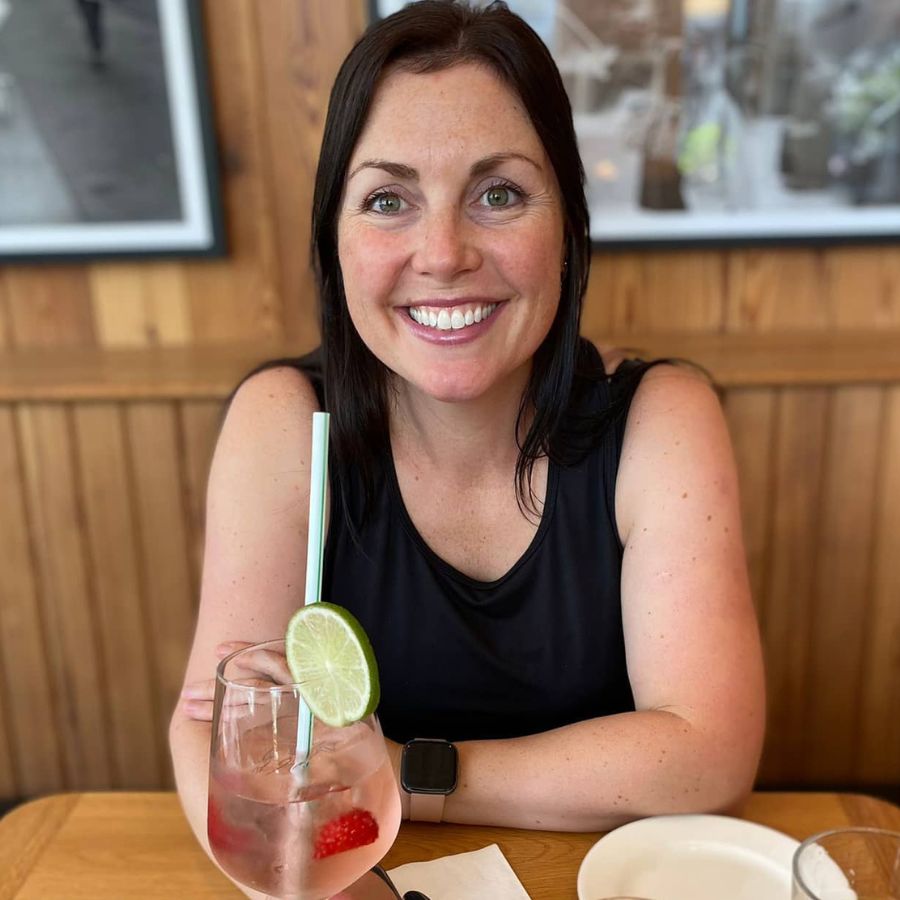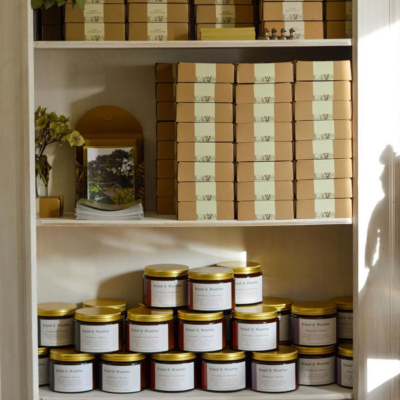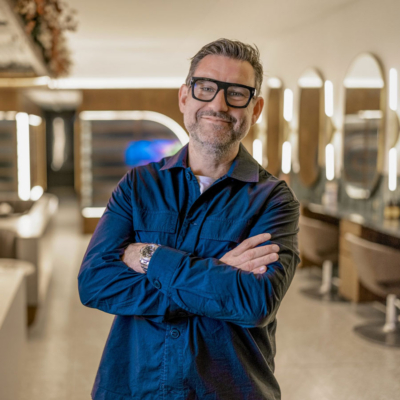Take advice from qualified experts – not social media …
There are so many trends around our health and wellbeing that sometimes it’s hard to know the truth. Take a few summer essentials: how much fluid do we actually need when it’s warm? How can we keep our energy up during the day time, and sleep better at night? Consultant dietician Orla Walsh offers some guidance.
HOW IMPORTANT IS STAYING HYDRATED?
Hydration is the most important factor all year round, but during the summer it becomes more important because we sweat more, we might be more active, and so our losses are greater. I think people are generally better at consuming more fluids during summertime for that reason, as their body prompts them. But one thing that’s really important is not to drink when you’re thirsty – drink to avoid thirst. Once we’re thirsty, we’re already a bit dehydrated. Even being hydrated by one to two per cent will affect our mental acuity, our speed and accuracy of thought.
We’ll also notice other things the more dehydrated we get: it won’t just be a case of our urine turning a bit darker, but we might also notice that our heart rate goes up, or that when we get up quickly we feel a bit woozy. It would certainly affect any sort of physical performance throughout the day as well. You want to create a situation where you need to urinate maybe every two to three hours, and that you’re producing a good volume, light in colour. The supplements we take in will affect the colour, as will certain foods – beetroot is notorious.
WHAT ABOUT TEA AND COFFEE?
The good news is that tea and coffee count. The reason why electrolyte drinks have become so popular in recent years is that they’re more hydrating than water. But so is milk, especially skimmed – so it’s a great summer option. Cappuccino, latte or even hot chocolate are recovery drinks, especially after exercise. There are so many people training for half-marathons and marathons at the moment, so remember that milk is the perfect recovery drink.
DO I REALLY NEED A HUGE WATER BOTTLE?
I notice that when I’m at work I come home dehydrated. I can’t keep on top of my hydration because the more you talk the more water you lose through your breath. I started using big bottles [for example, Stanley cups] which hold 1.1 litres. It keeps them nice and cold, so I try to get in at least one litre before lunch and then another one litre before I get home.
I also suffer from migraines, and those who suffer from migraines – which is one in seven – need to be on top or their hydration. Migraines are more prevalent in females, particularly in our 40s. We can go our whole life without experiencing them, only to be inflicted with them due to hormonal changes, etc., so hydration becomes absolutely important too.
WHAT IS FRONT-LOADING AND WHY IS IT IMPORTANT?
I find that people say they’re low in energy, but they eat very little. If you expect to have energy throughout the day, but you’re giving your body very little, that equation doesn’t add up.
I encourage front-loading food and water because the day can get away from us. A lot of our body’s processes work much better in the first half of the day, particularly before around 3pm or 4pm, so when you eat more in the first half of the day, your digestion and blood sugar control can improve. Research backs it up from a hormonal, blood cholesterol and blood pressure point of view – the list goes on. Front-loading hydration is important because otherwise you’re up at night going to the toilet. There’s more research every day about the importance of sleep, so you don’t want anything to disrupt that, especially because there are so many things already disrupting sleep in our life, from excess caffeine intake or stress to kids or menopause.
“The more predictable our day-to-day routine, the less likely we are to have sleep issues because our body knows what time it is.”
SLEEP SUPPLEMENTS – YES OR NO?
Melatonin is often referred to as the sleep hormone, but it’s actually the darkness hormone. When it’s bright outside, melatonin levels are low. When we sit with lights on in front of our phones, it brings down melatonin. When days are long, it might impact sleep by melatonin not having the chance to build up in the same way it can during winter.
Doctors and GPs are hesitant to prescribe it because they don’t like prescribing anything to do with sleep – because often when someone has sleep issues, it’s secondary to something else. Magnesium is extremely popular to aid sleep, but you’d be shocked at how few studies have been done – the hoopla actually came before the research. That’s not to say that absence of evidence is evidence of absence. There are studies in the area of magnesium glycinate, but in smaller doses than people realise.
HOW IMPORTANT IS BUILDING A SLEEP ROUTINE?
The evidence is much stronger in other areas such as exercising outside first thing in the morning. The more time we spend outdoors before lunchtime, the better we’ll sleep generally. All exercise is good for sleep, but resistance exercise in particular.
Think of it as calibrating the 24-hour clock in your body. The more predictable our day-to-day routine, the less likely we are to have sleep issues because our body knows the time. That’s why eating, going to bed and waking up at a similar time every day is important.
THE TRUTH ABOUT CAFFEINE AND SLEEP
Caffeine has a half-life in your system at about five or six hours. If I have coffee at 7am, five or six hours later it’s half gone, then five or six hours after that there’s a quarter left. Some people have a half-life of two hours, but for others it’s much slower. It can be genetic or due to life stages. For example, pregnant women’s ability to rid caffeine from their body is slow. Reducing caffeine can help with insomnia, epecially in the last trimester when women often become much more sensitive to caffeine.
Generally speaking, it’s advisable not to have any coffee maybe nine or 10 hours before bedtime. Coffee at home might have 100 milligrams of caffeine while a cup of tea has 50mgs compared to anything between 200mgs to 500mgs of caffeine in cafés. It’s quite variable depending on where you go and what you order, but some can have five to six times the caffeine content than at home. So be aware of that variation.
People can often fall asleep after caffeine, but will they go into restorative sleep in the same way and stay in it as long as they’re supposed to? You won’t know until you bring it right back, or give it up for a while and see the difference. What’s interesting in terms of research on caffeine and sleep is that tea doesn’t have the same impact. Decafs taste a lot better than they used to, too.
WHAT ABOUT ALCOHOL?
Alcohol might help some people go off to sleep easier, but it affects how long we stay in restorative sleep and how much we wake up. It certainly has a really negative impact.
For more information, visit www.orlawalshnutrition.ie with clinics located in Terenure, Dublin 6 and Mount Street Upper, Dublin 2.










